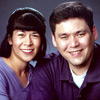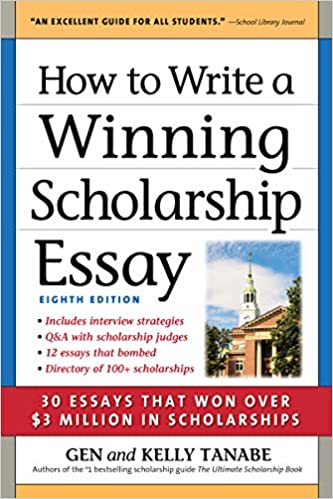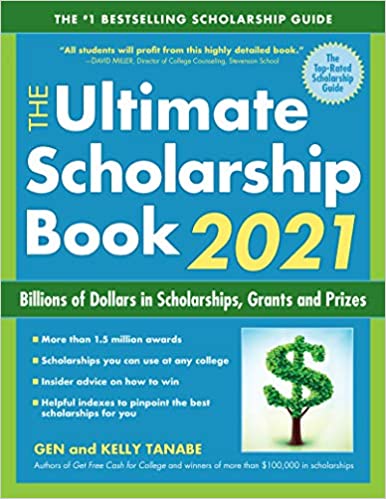Tear-jerking stories may be popular subjects for television specials and song lyrics, but they rarely, if ever, win scholarships. A common theme students write about is why they need the scholarship money to continue their education. While this is a perfectly legitimate topic, it is often answered with an essay filled with family tragedies and hardships—a sob story. Again, there is nothing wrong with writing about this topic, but don't expect to win if the intent of your essay is to evoke pity.
If your main point (remember our test) is this: "I deserve money because of the suffering I've been through," you have a problem. Scholarship committees are not as interested in problems as they are in solutions. What have you accomplished despite these hardships? How have you succeeded despite the challenges you've faced? This is more significant and memorable than merely cataloging your misfortunes.
Unfortunately, the sob story is one of the more common types of essays that are written by students, and it is hard to stand out when you are telling the same story that literally hundreds of others are also writing. Remember that every applicant has faced difficulties. What's different and individual to you is how you've overcome those obstacles.
Mom has probably said: "If you don't have anything nice to say, don't say anything at all." Everyone likes an uplifting story. Especially since you have your entire future ahead of you, scholarship judges want to feel your enthusiasm and zest for life. In fact, one reason some people love to volunteer to be scholarship judges is to meet positive and enthusiastic young men and women who do not have the cynicism or closed minds of many adults.
Try to stay away from essays that are overly pessimistic, antagonistic or critical. This doesn't mean that you have to put a happy spin on every word or that you can't write about a serious problem. But it does mean that you should not concentrate only on the negative. If you are writing about a problem, try to present some solutions. Your optimism is what makes organizations excited about giving you money to pursue your passion for changing the world. Don't shy away from this fact.
10
Find people to read your essays.
There is an old writer's saying: "Behind every good writer is an even better editor." If you want to create a money-winning essay, you need the help of others. You don't need a professional editor or even someone who is good at writing. You just need people who can read your work and provide useful and constructive feedback.
Roommates, friends, family members, teachers, professors or advisors all make great editors. When others read your essay, they will find errors that you missed and they may give suggestions for making the essay clearer to someone who is not familiar with the topic. You will find that some editors catch grammar and spelling mistakes but will not comment on the overall quality of the essay. Others will miss the technical mistakes but give you great advice on making the substance of your essay better. It's essential to find both types of editors. As you find others to help improve your essay, be careful that they do not alter your work so much that your voice is lost. Editing is essential, but your writing should always be your own.
Writing scholarship essays may not be your ideal way to spend a Friday night or Sunday afternoon. But remember that these essays can win you hundreds, if not thousands, of dollars for college. Try to keep this in mind when you feel burned out. If you really get down on writing, take a break. Go outside. Watch some meaningless television. Then when you are refreshed, get back to your essay.
Every successful scholarship applicant we've met—and we will include ourselves here—has at some point got tired or disgusted and contemplated quitting. But each persevered and didn't give up. They pushed ahead and finished their essays. Had they given up, they would never have won scholarship money and that all important college diploma would have been a far more expensive (and for some impossible) accomplishment.



